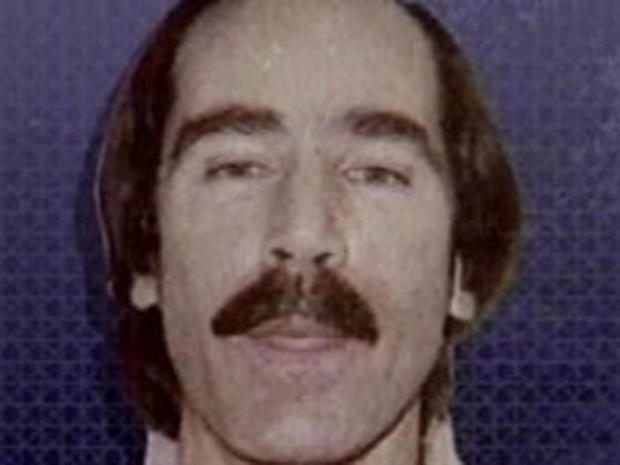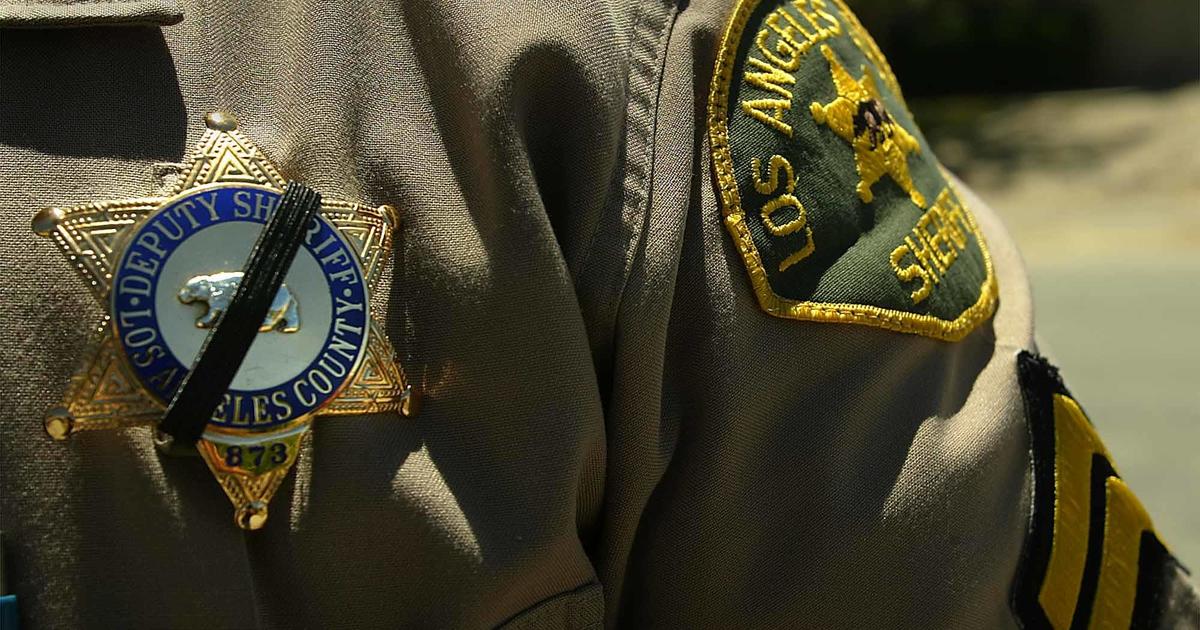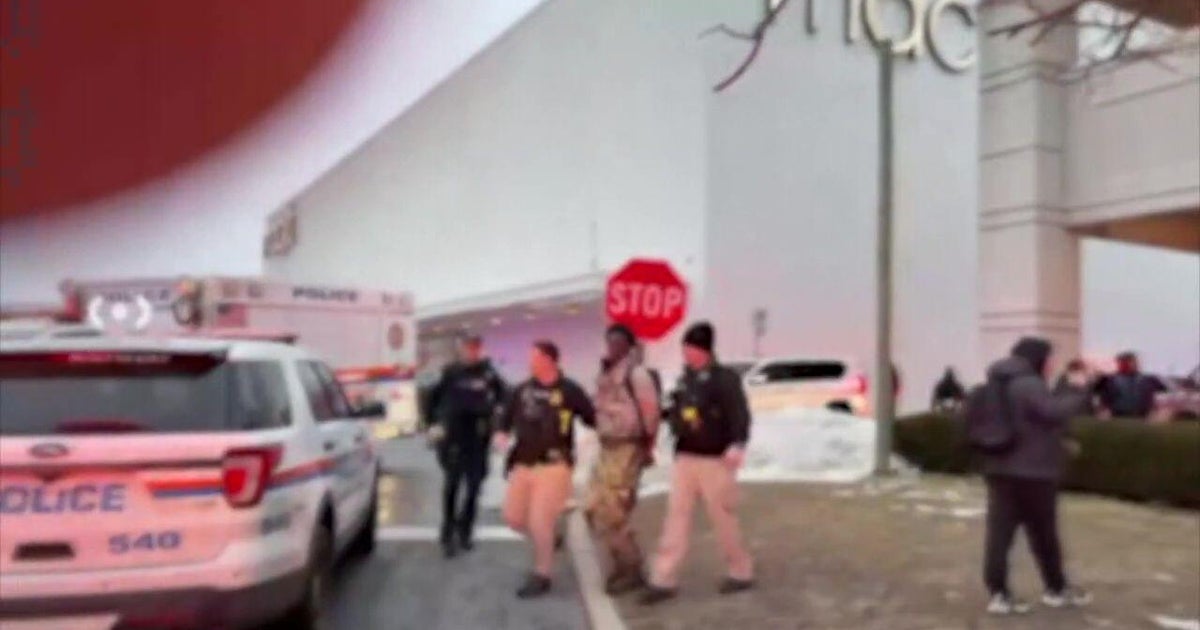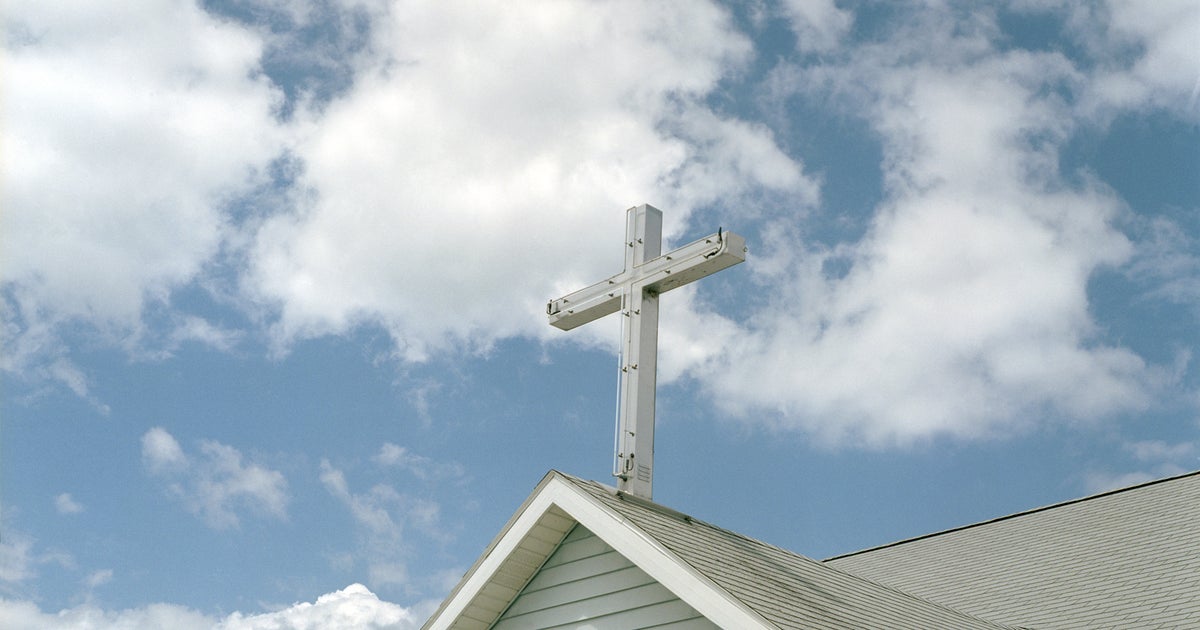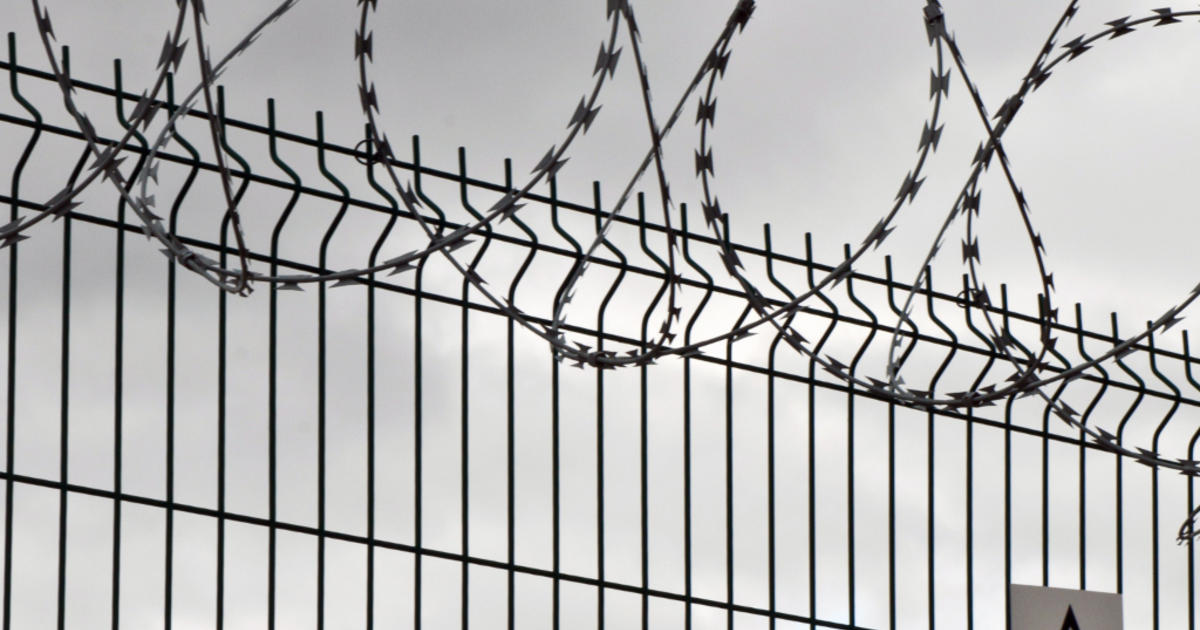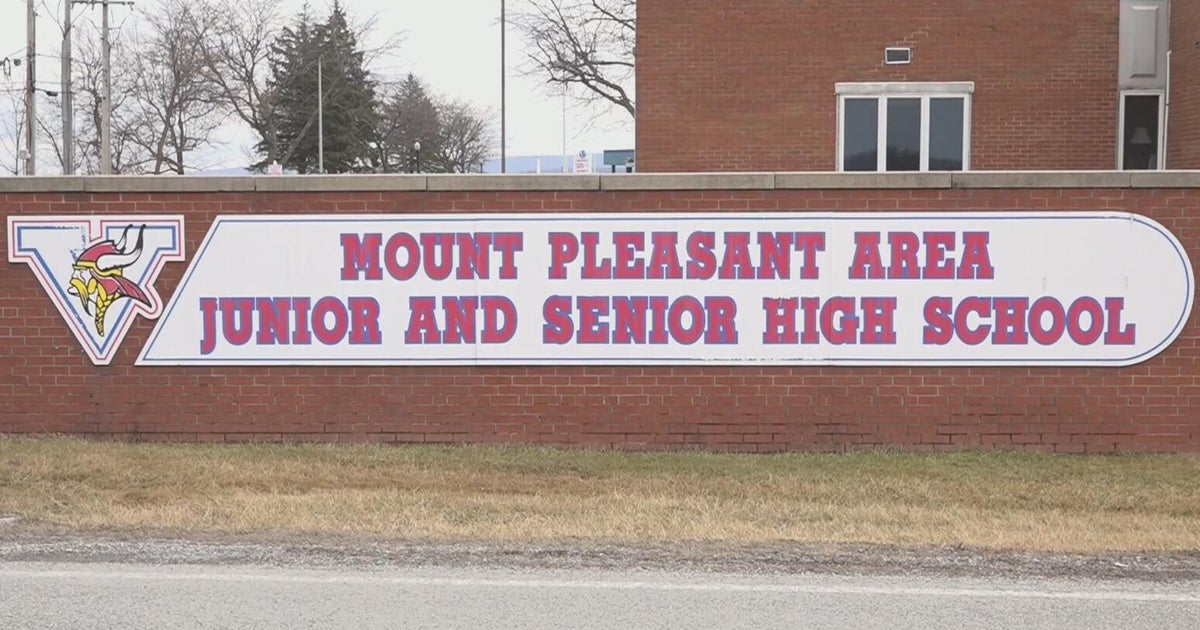"Pillowcase Rapist" will move to LA's Antelope Valley despite community objections
Over the objections of residents and government officials, a convicted serial rapist dubbed the "Pillowcase Rapist" by prosecutors can now move to a rural community in Los Angeles County's Antelope Valley after a court decision Monday.
LA County Superior Court Judge Robert S. Harrison wrote in a court order that Christopher Hubbart can move to the area upon his conditional release. "That two other sexually violent predators have been released to nearby areas is not relevant to the evaluation of the proposed property, and no alternative placements were suggested by any agency," Harrison wrote in the order.
Hubbart, 63, has been imprisoned and placed in and out of mental health facilities in connection with rape and sex crime convictions in Los Angeles and Santa Clara counties in 1973, 1983 and 1990. Authorities have said he would use a pillowcase to muffle the screams of his victims and has admitted to raping around 40 women between 1971 and 1982.
In early September, LA County District Attorney George Gascón said his office would fight a ruling by a Bay Area judge opening the way for Hubbart's move to LA. Last year, he was deemed suitable for conditional release by a Santa Clara County Superior Court.
"Quite frankly, I find this to be outrageous," Gascón said at the time. "This is the third time, in the last three years, that we have outside courts relocating sexually violent predators into LA County — specifically in the Antelope Valley."
Two other convicted sexually violent predators were released in 2021 to the Antelope Valley, which the Los Angeles Times reports has become an appealing location for correctional authorities and courts looking to relocate recently released or conditionally paroled sex offenders — due to its affordability and low population density.
Ahead of his decision, Judge Harrison received 600 letters and petitions from local residents opposing Hubbart's release to the Juniper Hills community of the Antelope Valley, according to the Times. Cynthia Farrow, a teacher who lives near a violent sex offender, told the Times that she and others in the area were fighting to stop Hubbart's relocation.
"We're writing petitions, we're attending court cases, we're doing everything we can to stop his move here," Farrow told the Times. "Enough is enough. We need to be respected."
LA County Supervisor Kathryn Barger spoke out against Hubbart's move in a statement issued Tuesday.
"I am outraged and extremely frustrated to learn that a third Sexually Violent Predator will be housed in the Antelope Valley," Barger said in the statement, describing the LA County court ruling as "simply appalling."
In 2014, Hubbart moved from Coalinga State Hospital in Fresno County to the Antelope Valley after another court decision approved his relocation to the same region of LA County before he ended up violating the terms of his release.
"Hubbart was already placed in this region in 2014, only to be removed for violating conditions of release," Barger said in a statement, calling his crimes "heinous" and "beyond redemption or rehabilitation."
"The bottom line is he belongs in a secure and locked facility. Community integration should never have been on the table," Barger said. "The unincorporated community of Juniper Hills is home to many women and families who work hard and enjoy peaceful lives. Their lives will be turned upside down because of this terrible decision to house a known predator."
When Hubbart moved to Lake LA in 2014, one local resident said she was concerned as a survivor herself.
"It scares the hell out of me," Cheryl Holbrook said. "When we saw him coming down the road, I literally got the shakes. I wanted to cry. He's going to reoffend, he's going to attack somebody again, and he's going to take somebody's life."
As part of his conditional release and move there, Hubbart was required to adhere to a curfew, face random searches, continue treatment and wear a GPS ankle bracelet. Authorities accused him of violating those terms by allowing his ankle monitor to run low on battery about a year later. Ultimately, he was picked up by the Department of State Hospitals in 2016 for violating release terms.
From there, he was again placed in a mental health facility before a judge in Santa Clara County approved his conditional release in March 2023.
